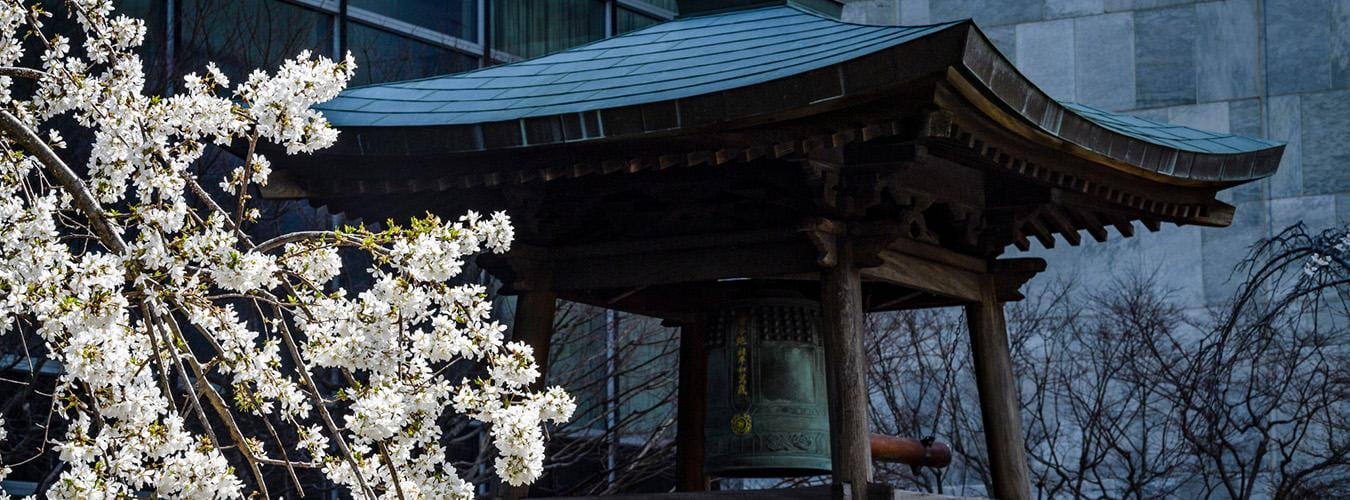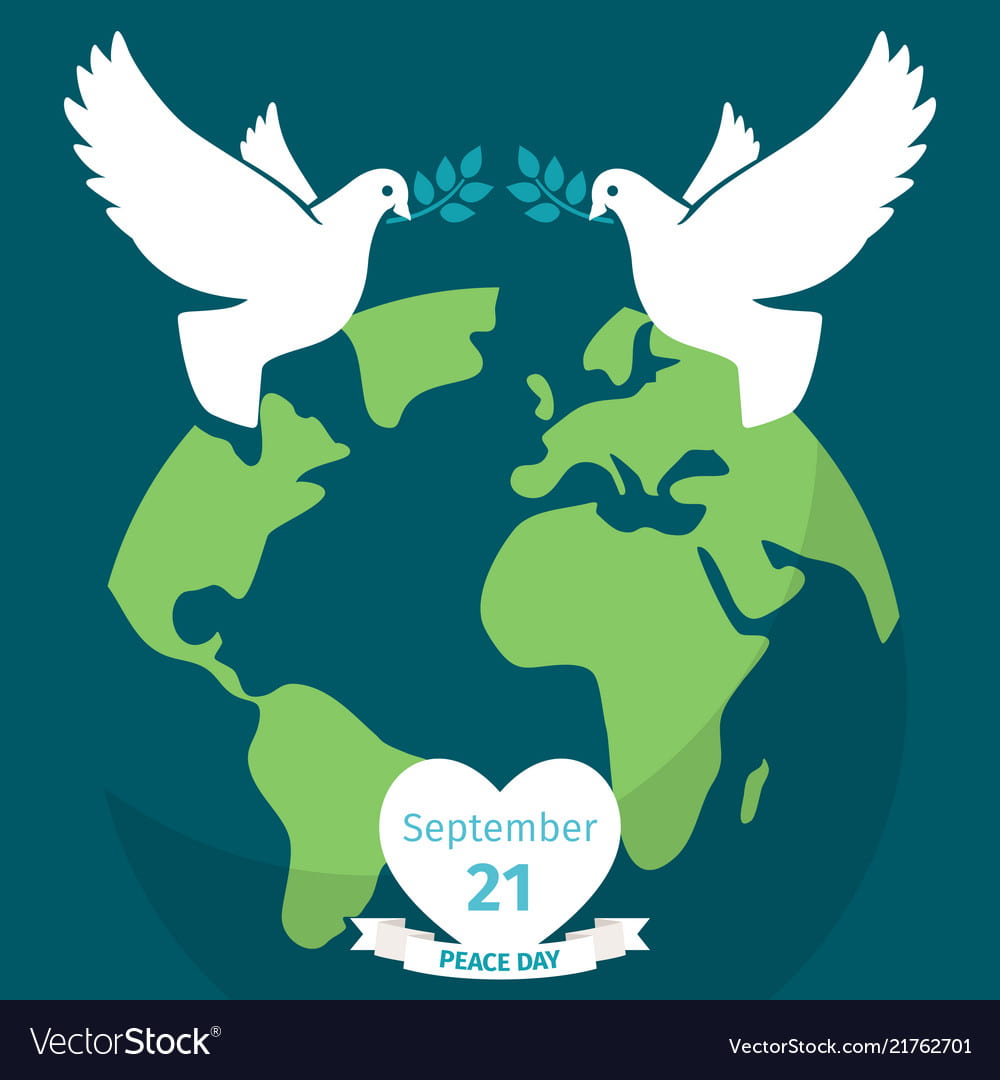
Human Suffering at the World Trade Center Bombing -September 11, 2021
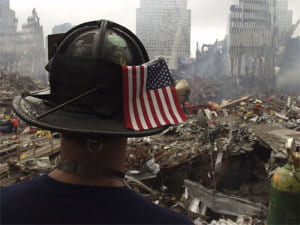
On September 11th, the world acknowledged the 22nd Commemoration to honor the loss of life of thousands of humans after the terrorist attack on the World Trade Center in New York and also at the Pentagon in Washington, D.C. on September 11, 2001. At all of these sites of tragedy, memorials, and monuments have been erected to honor the lives of the deceased, as a site of memory for the families left to mourn, and for the world to remember the human cost of the tragic violence and the urgent need for peace.
Human Suffering in September – Birmingham, Alabama- September 15, 1963
On September 15th, the city of Birmingham, the 16th Street Baptist Church acknowledged the 60th year since a racially motivated terrorist attack by the Klu Klux Klan who bombed their church and left “four little girls” to die in the rubble.
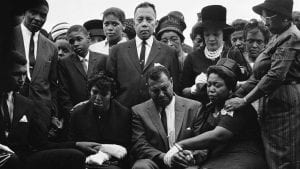
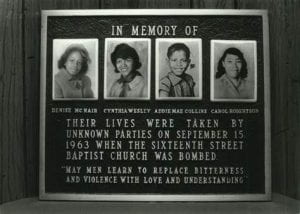
Why do We Need an International Day of Peace?
“United Nations Secretary-General António Guterres said, “Peace is needed today more than ever. War and conflict are unleashing devastation, poverty, and hunger, and driving tens of millions of people from their homes. Climate chaos is all around. And even peaceful countries are gripped by gaping inequalities and political polarization.”
Looking at our current political climate, there is unrest around the world from the war in Ukraine, the anti-gay laws of Uganda, to the racially motivated murder of three African Americans in Jacksonville, Florida. As humanity, our individual, collective and national peace humans are under threat.
Many humans are suffering under the umbrella of structural violence and actively fighting against oppressive, racist, homophobic, sexist, misogynist, classist, and religiously intolerant systems and regimes. Human rights are being violated and for many, peace feels like as author Langston Hughes would call it a “dream deferred.” Many would agree with Secretary Guterres that “…Peace is needed today…” and many more would argue that looking back through the historical record, peace has been needed for quite some time now.
Violence in Numbers
Beyond the devastation of the loss of life, according to National Today, since 2015 there has been $13.6 trillion dollars spent related to violence in 2015, 9,800 terrorism websites containing violent material, 11% of ceasefire agreements between 2015 and 2019, which included gender provisions, 15.9 million – the estimated number of people in Yemen’s population hit by the world’s worst food crisis, 135 million – the number of people in 2019 living with acute hunger, 60% of people struck with acute hunger living in conflict countries, 88 countries that had national action plans on women, peace, and security by October 2020, 417 policy measures enacted by national governments in response to the COVID-19 crisis and 408 million youth living in areas of armed conflict in 2016.
If we are to address the myriad of ways violence affects humanity, we must look at peace as a process, according to Peter Verbeek, Ph.D., associate professor and Graduate Program Director of the Master’s Program in the Anthropology of Peace and Human Rights in the UAB College of Arts and Sciences. Verbeek and co-editor Benjamin A. Peters state, “Peace is not a passive state but an active behavioral process that can and must be studied in science like any other behavior.”
September 21st is International Day of Peace or World Peace Day
So today, on September 21st, we acknowledge the need for peace through the commemoration of the International Day of Peace, also referred to as World Peace Day. Sanctioned by the United Nations in 1981 and observed annually on September 21st, this day is dedicated to world peace and the absence of war and violence and “might be occasioned by a temporary ceasefire in a combat zone for humanitarian aid access. It is commemorated by many nations, political groups, military groups, and people around the world.” Established through a resolution passed by the United Nations General Assembly, this resolution was sponsored by Costa Rica and the United Kingdom.
2023 Theme-“Actions for Peace: Our Ambition for the #GlobalGoals”
This year’s theme highlights our individual and collective responsibility to ensure that peace is maintained. This call to action works to achieve Sustainable Development Goals (SDGs) and through attaining these goals, it is believed that peace will be acquired by all. To learn more about the SDG’s, watch this video: Do you know all 17 SDGs? – YouTube
IHR in Actions for Peace – May 2023
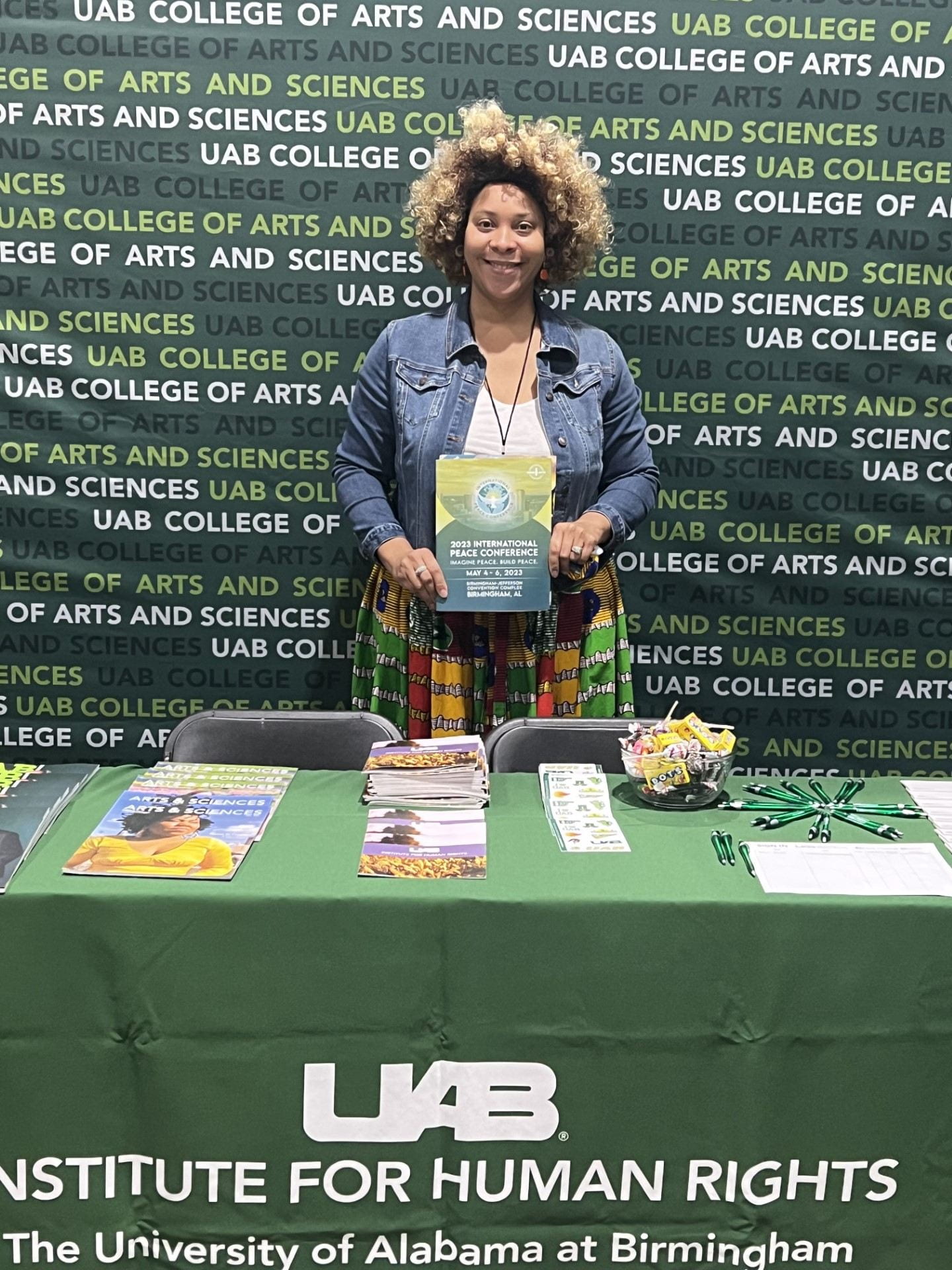
This past summer, May 4-6th 2023, UAB’s Institute for Human Rights partnered with the Rotary International and the Birmingham Civil Rights Institute for the International Peace Conference. Leaders from around the world came to Birmingham to present, share ideas, and learn effective ways to achieve peace. Tina Kempin-Reuter, Ph.D. Director of the IHR and Social Science and Justice Research (SJSR) spearheaded the way for UAB in this collaboration which brought together diverse communities working for human rights and peace efforts.
IHR Pictured with IPC Founders, Will and Carolyn Ratcliff, Rotary Club Members, Past and current UAB Anthropology of Peace and Human Rights with Graduate Director, Dr. Peter Verbeek, IHR staff and interns, and Dr. Rev. Bernice King. To learn more about IPC 2023, click here.

